Accelerated bachelor’s degrees have become an increasingly popular way for students to earn this in-demand and rewarding degree in as little time as possible. But given the volume of options, finding the program that’s right for you can be a challenging process. That’s why Intelligent.com created this list of picks for the best online schools offering accelerated bachelor’s degrees in 2024.
We interviewed Blanca Villagomez, a program counselor and coordinator at UC-Irvine, and independent college admissions counselor Dana Marvin for their insights into what students need to know about accelerated online bachelor’s degrees and the steps students should take when selecting a program. We also answered students’ most frequently asked questions about the costs, value, and duration of accelerated bachelor’s degrees.
Why Trust Us
The Intelligent.com Higher Education Team is dedicated to providing students with independent, equitable school and program rankings and well-researched resources. Our expert-driven articles cover topics related to online colleges and programs, paying for school, and career outlooks. We use data from the U.S. Department of Education’s College Scorecard, the National Center for Education Statistics, and other reputable educational and professional organizations. Our academic advisory team reviews content and verifies accuracy throughout the year for the most current information. Partnerships do not influence rankings or editorial decisions.
- Analyzed over 2,000 national, accredited, and nonprofit colleges and universities
- 800+ rankings pages are reviewed and updated yearly
- Content is informed by reputable sources, surveys, and interviews with academic advisors and other experts
- Over 100 data points are reviewed for accuracy and quality throughout the year, including sources
How we rank schools
Our list features the best online schools with accelerated bachelor’s degree programs at top colleges nationwide. Each school featured is a nonprofit, accredited institution — either public or private — with a high standard of academic quality for post-secondary institutions.
We evaluated each school’s program on tuition costs, admission, retention and graduation rates, faculty, reputation, and the student resources provided for online students. We collected data from trusted sources like the National Center for Education Statistics, individual school and program websites, school admissions counselors, and other data sources. Then, we calculated the Intelligent Score on a scale of 0 to 100 based on the following criterion:
Academic Quality:
- Admission rate versus enrollment rate
- Retention rate of students who return after year one
- Accreditation status (regional and programmatic)
- Nonprofit status, both private and public institutions
Graduation Rate
- Overall graduation rate
- Total number of currently enrolled students, including diversity metrics
- Student-to-faculty ratio
Cost and ROI
- In-state and out-of-state per-credit tuition rates and fees
- Required credits to graduate
- Earning potential after graduation
- Availability of federal student loans, scholarships, and other financial aid options
Student Resources
- Available student services for online-only and hybrid programs
- On-campus amenities like tutoring centers and the number of libraries
Read more about our ranking methodology.
Find The Best Online Degree Program For You
Best 28 Online Accelerated Bachelor’s Degree Programs
FiltersInstitution Type
Status
- Intelligent Score
- Alphabetically By University Name
- Acceptance Rate
- Enrollment
- In-state Graduate Tuition
- Out-of-state Graduate Tuition
- In-state Undergraduate Tuition
- Out-of-state Undergraduate Tuition

Arizona State University
Intelligent Score: 99.48In-state: $10,710
Out-of-state: $28,800
In-state: $11,720
Out-of-state: $11,720
SAT: 1100-1320
ACT: 21-28
$574
Online
Higher Learning Commission
120

LeTourneau University
Intelligent Score: 98.05In-state: $31,740
Out-of-state: $31,740
In-state: $18,630
Out-of-state: $18,630
SAT: 1110-1330
ACT: 22-29
$410
Online
Southern Association of Colleges and Schools
120
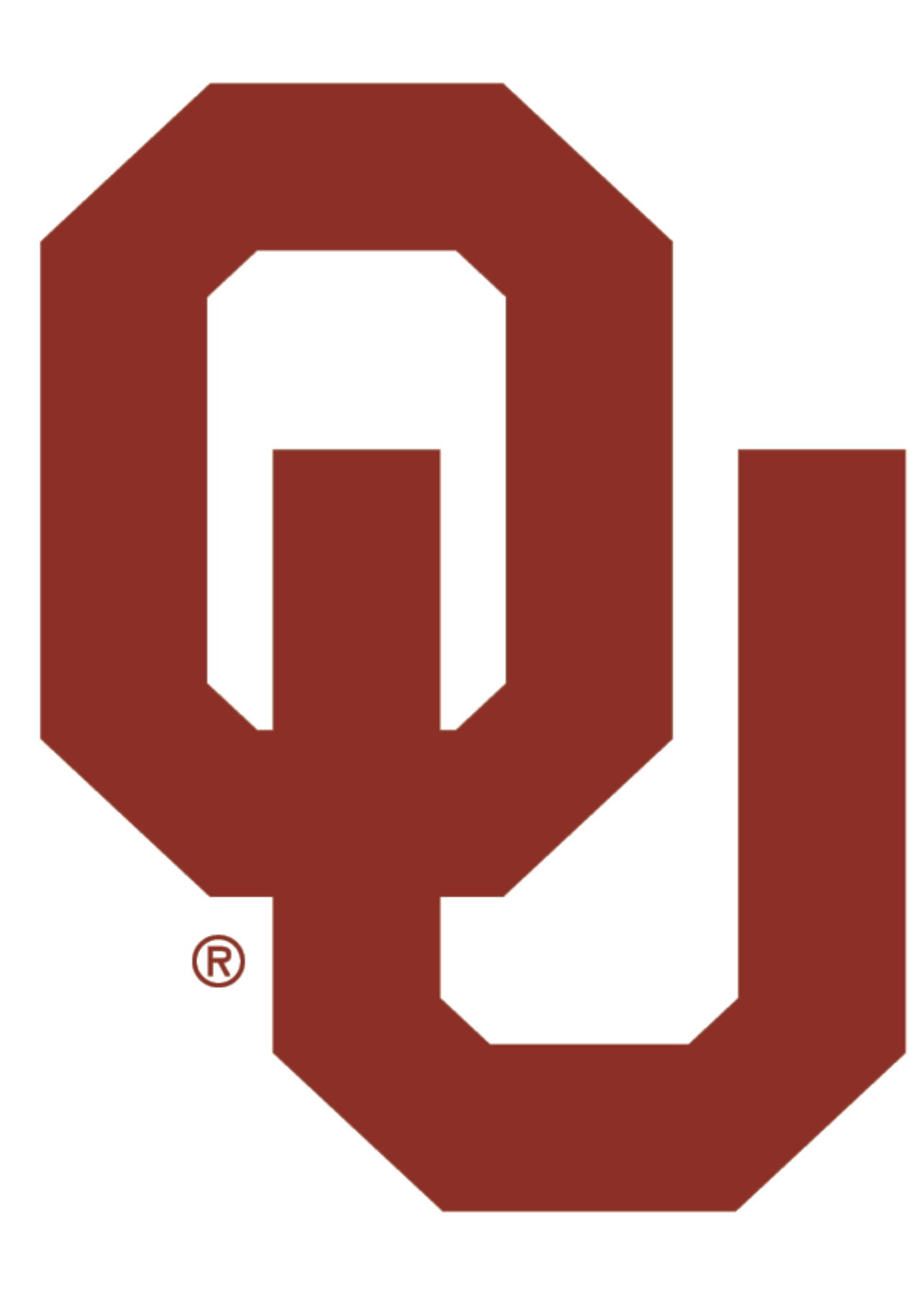
The University of Oklahoma
Intelligent Score: 97.72In-state: $4,788
Out-of-state: $20,169
In-state: $6,943
Out-of-state: $6,943
SAT: 1100-1300
ACT: 23-29
$500
Online
Higher Learning Commission
120

Arkansas Tech University
Intelligent Score: 95.06In-state: $5,568
Out-of-state: $11,136
In-state: $5,256
Out-of-state: $5,256
SAT: N/A
ACT: N/A
In-State: $250
Out-of-State: $500
Online
Higher Learning Commission
120

Pennsylvania State University
Intelligent Score: 95.01In-state: $15,025
Out-of-state: $24,413
In-state: $22,464
Out-of-state: $22,464
SAT: 1070-1300
ACT: 24-29
$678
Online
Middle States Commission on Higher Education
123

Bellevue University
Intelligent Score: 93.61In-state: $7,176
Out-of-state: $7,176
In-state: $10,710
Out-of-state: $10,710
SAT: N/A
ACT: N/A
$449
Online
Higher Learning Commission
127

Utica University
Intelligent Score: 93.36In-state: $39,718
Out-of-state: $39,718
In-state: $47,915
Out-of-state: $47,915
SAT: 1084-1250
ACT: 23-32
$920
Online
Middle States Commission on Higher Education
121

PennWest Global Online
Intelligent Score: 93.34In-state: $28,700
Out-of-state: $33,322
In-state: $31,723
Out-of-state: $31,723
SAT: 950 - 1070
ACT: 20 - 26
Resident: $322
Non-Resident: $328
Online
Middle States Commission on Higher Education
120
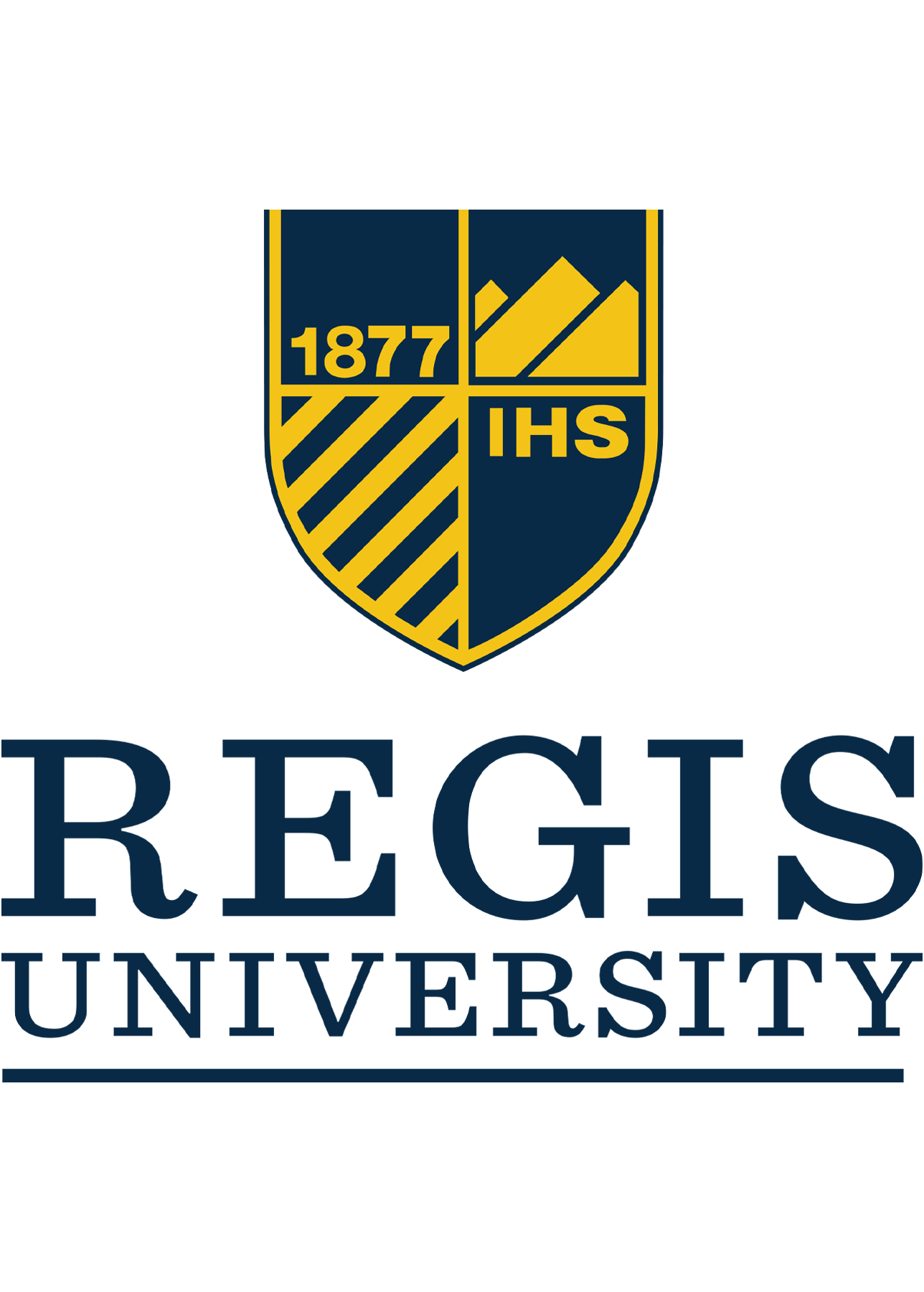
Regis University
Intelligent Score: 93.00In-state: $38,208
Out-of-state: $38,208
In-state: $14,322
Out-of-state: $14,322
SAT: 1000-1220
ACT: 21-28
$515 - $589
Online
Higher Learning Commission
120-141

South Texas College
Intelligent Score: 91.86In-state: NA
Out-of-state: NA
In-state: NA
Out-of-state: NA
SAT: N/A
ACT: N/A
In-State: $164 - $174
Out-of-State: $254
Online
Southern Association of Colleges and Schools
120

Drexel University
Intelligent Score: 91.41In-state: $53,868
Out-of-state: $53,868
In-state: $36,234
Out-of-state: $36,234
SAT: 1180-1380
ACT: 25-31
$473 - $492
Online
Middle States Commission on Higher Education
120-128
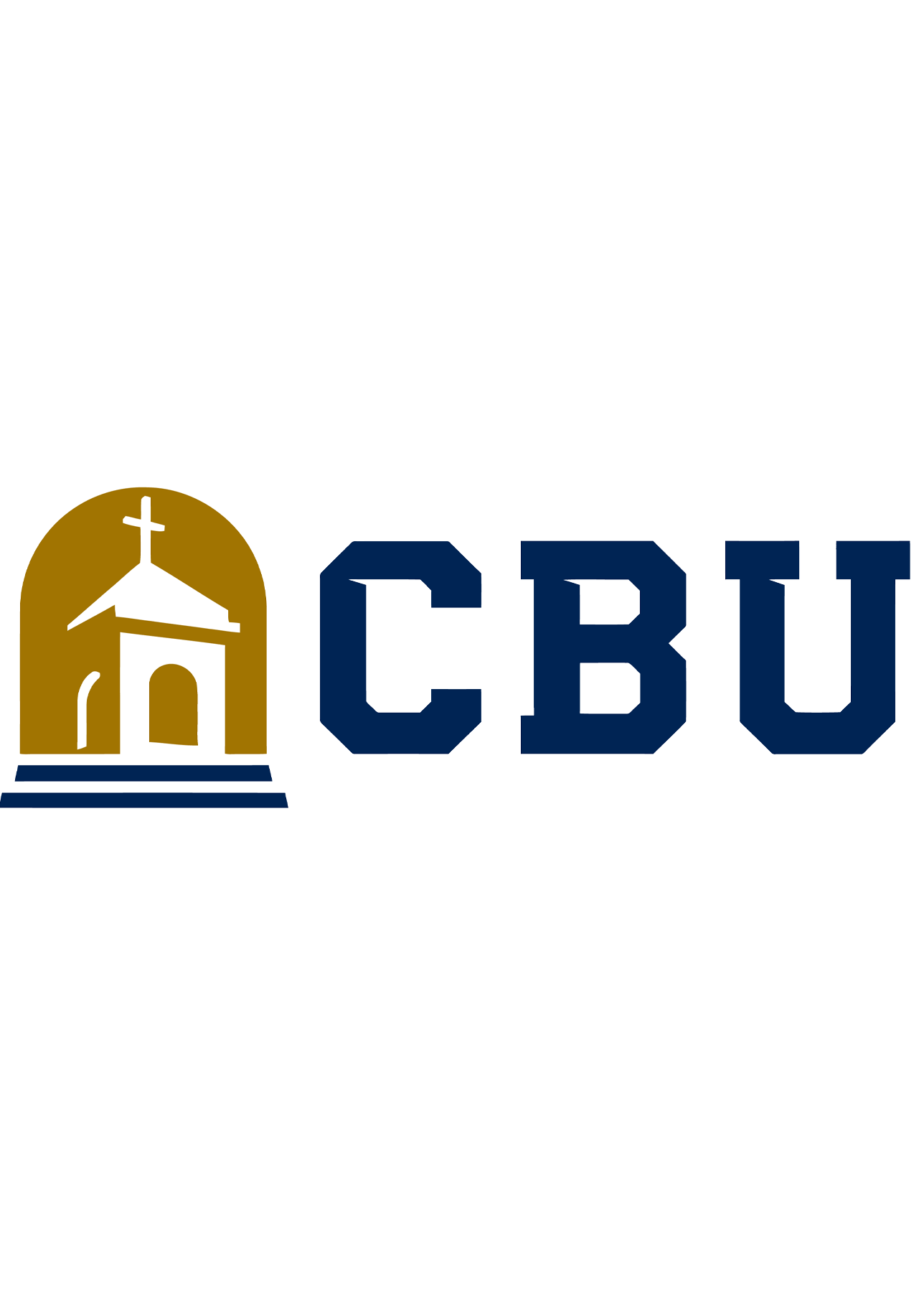
California Baptist University
Intelligent Score: 89.68In-state: $33,930
Out-of-state: $33,930
In-state: $13,410
Out-of-state: $13,410
SAT: 960-1150
ACT: 18-25
$520
Online
Western Association of Schools and Colleges Senior College and University Commission
124
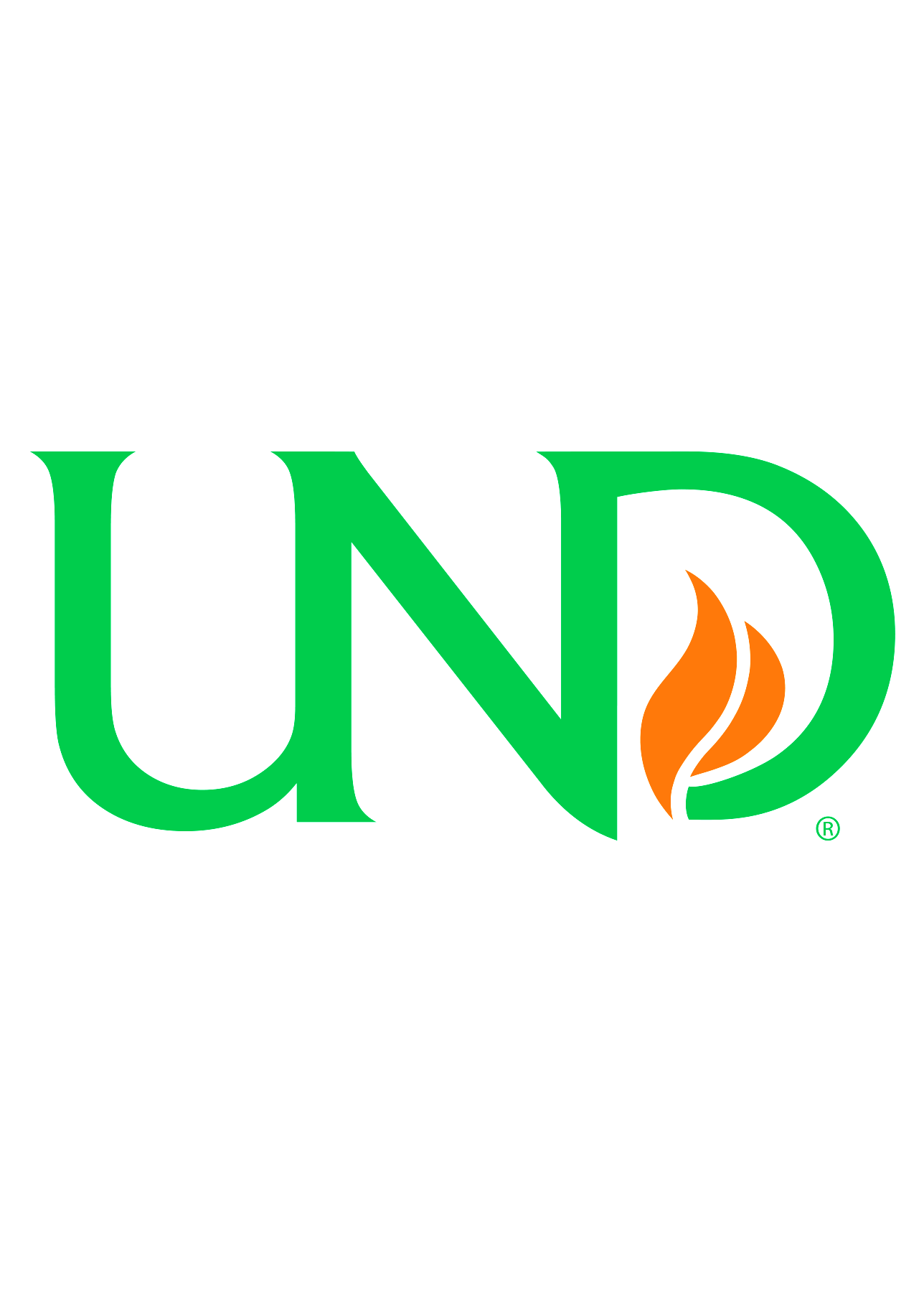
University of North Dakota
Intelligent Score: 89.00In-state: $8,540
Out-of-state: $12,810
In-state: $11,060
Out-of-state: $11,060
SAT: 1000-1230
ACT: 20-27
$385
Online
Higher Learning Commission
120

New England Institute of Technology
Intelligent Score: 88.93In-state: $55,770
Out-of-state: $55,770
In-state: $28,850
Out-of-state: $28,850
SAT: 920-1140
ACT: 16-18
$500 - $700
Online
New England Commission of Higher Education
120
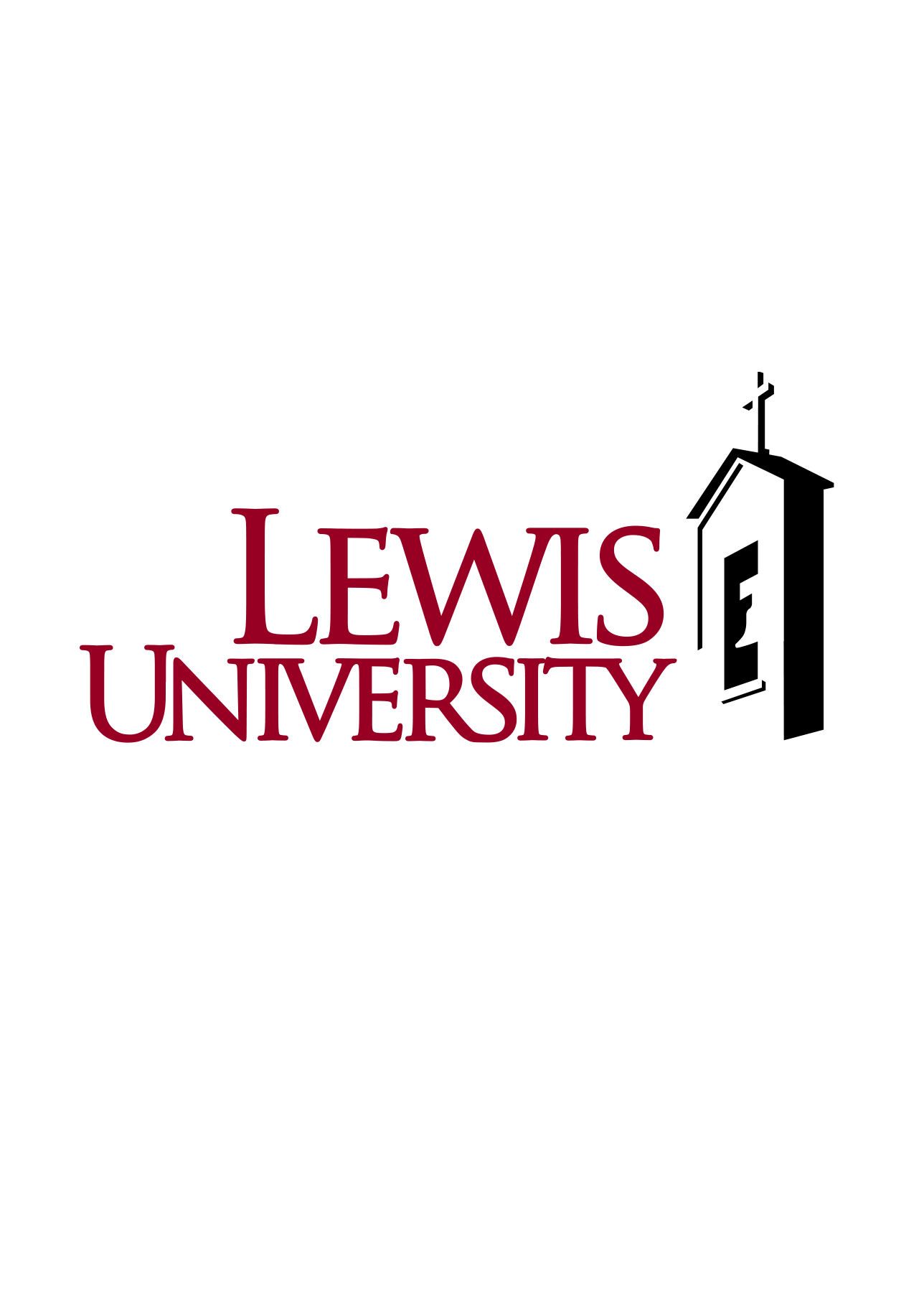
Lewis University
Intelligent Score: 87.04In-state: $34,268
Out-of-state: $34,268
In-state: $14,580
Out-of-state: $14,580
SAT: 1010-1220
ACT: 21-27
$625
Online
Higher Learning Commission
128

Colorado State University Global
Intelligent Score: 86.86In-state: $9,426
Out-of-state: $28,147
In-state: $10,520
Out-of-state: $10,520
SAT: 1070-1280
ACT: 23-29
$375
Online
Higher Learning Commission
120
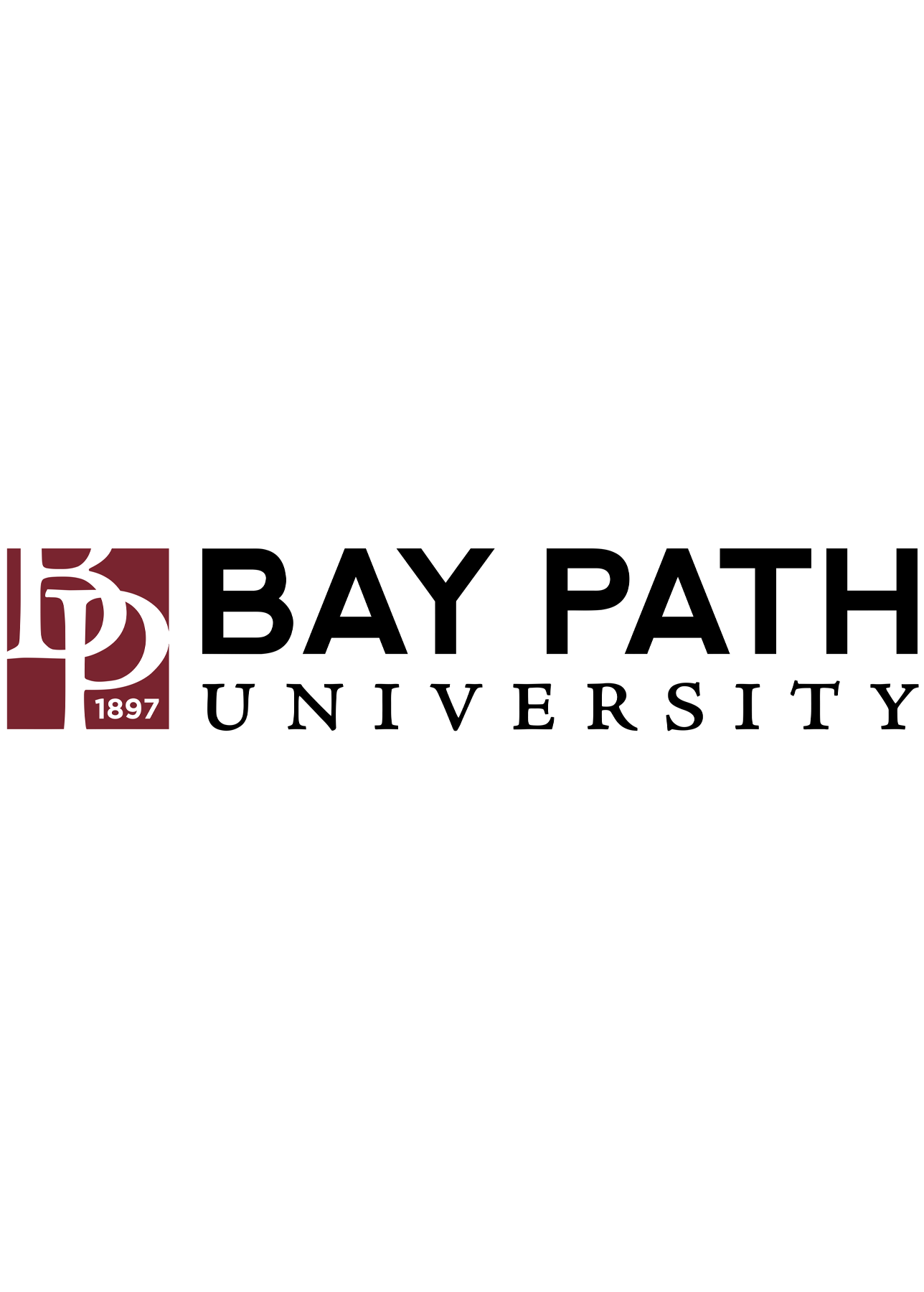
Bay Path University
Intelligent Score: 79.27In-state: $35,781
Out-of-state: $35,781
In-state: $19,235
Out-of-state: $19,235
SAT: 940-1170
ACT: 23-31
$410
Online
New England Commission of Higher Education
120
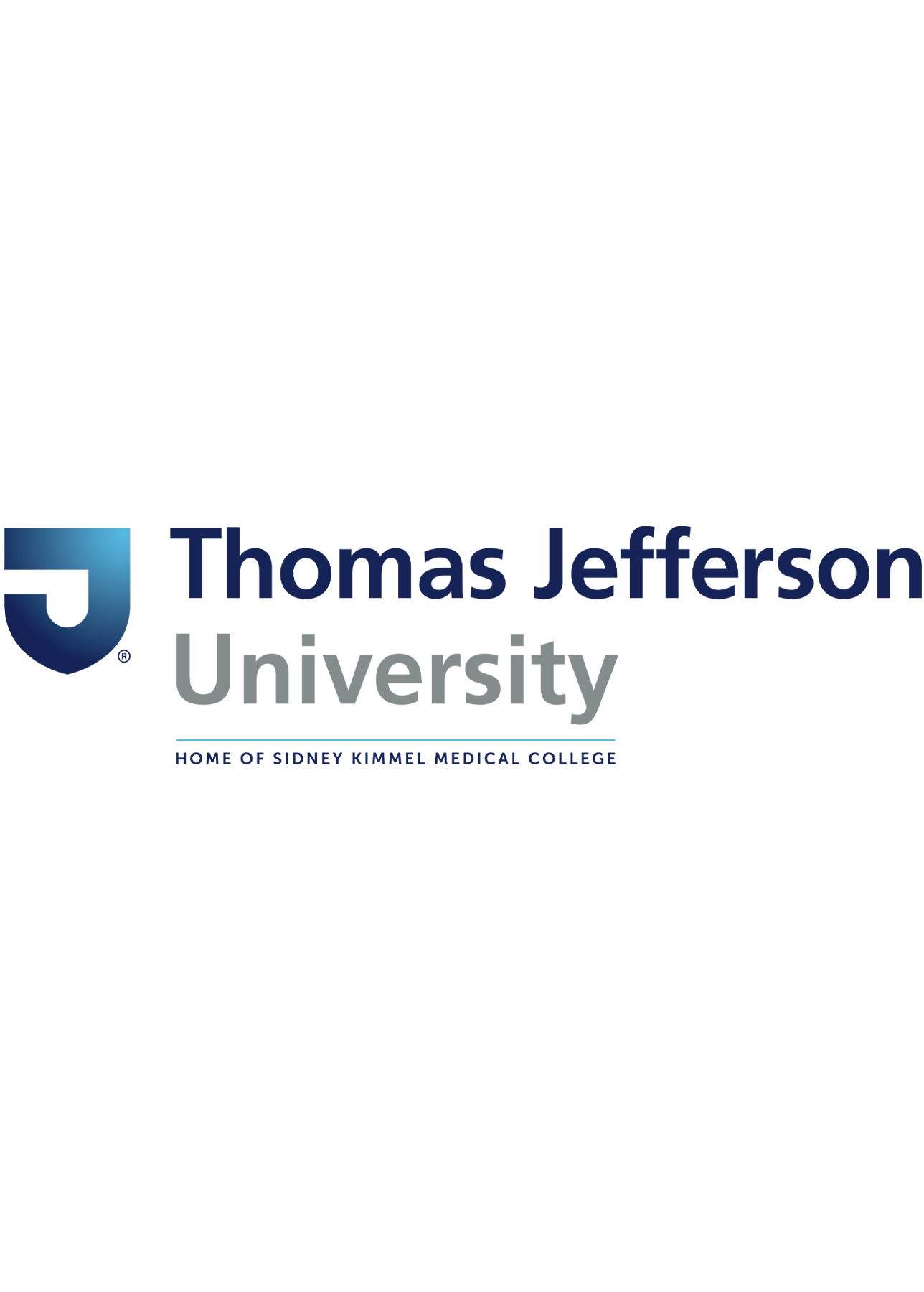
Thomas Jefferson University
Intelligent Score: 78.71In-state: $40,680
Out-of-state: $40,680
In-state: $21,420
Out-of-state: $21,420
SAT: 1090-1270
ACT: 20-27
$650
Online
Middle States Commission on Higher Education
120
What You Should Know About Accelerated Bachelor’s Degrees
For students prioritizing the quick completion of their degree, an accelerated bachelor’s degree may seem like the ideal solution. However, there are key points to keep in mind about how these degree programs work and how to find a quality program.
Pacing and workload
In order to earn a bachelor’s degree, students must complete a minimum of 120 college credits. Traditional bachelor’s programs are typically designed to be completed in four years of full-time study, with students completing a minimum of 30 credits per academic year.
Accelerated bachelor’s programs are a fast-track to earning a bachelor’s, Villagomez says, compressing those 120 credits into a shortened time frame through a variety of methods. This can include accepting a higher number of previously earned credits, faster-paced classes, more classes per term, and fewer breaks in the academic calendar.
However, Villagomez offers some words of caution for students considering an accelerated degree.
“There are no shortcuts with this route,” she says. “Students are expected to complete the same amount of work as they would in a traditional program in a shorter time frame. They require a higher investment of time and energy every week. Therefore, I usually only recommend them to individuals with strong time management skills, dedication, and discipline.”
Degree completion programs
Many programs that advertise themselves as accelerated are actually degree completion programs, which are designed for students who have already earned some college credits. By accepting up to half of the required credits for a bachelor’s degree, these types of programs allow students to finish their bachelor’s in as little as two years or less.
Each school sets its own policies for degree completion programs, but generally speaking, to be eligible, students need a minimum of 30 college credits. However, some programs accept as many as 90 credits or ¾ of a bachelor’s degree.
Class schedules
Because of their fast-paced nature, accelerated programs typically rely on asynchronous classes. There are no scheduled class meetings with this delivery format. Instead, students can access pre-recorded lectures, videos, and reading assignments anytime, allowing them to complete their schoolwork on the schedule that’s most convenient for them.
While the flexibility of asynchronous classes make learning more accessible, students must be comfortable learning autonomously and have strong self-motivation, time management, and discipline skills in order to be successful.
Accreditation
Whether you’re attending a traditionally paced or accelerated program, it’s important to verify the accreditation status of any institution you’re considering attending.
There are two types of accreditation for U.S. colleges and universities, regional and national. Both are designed to assess the quality of education at institutions, although regional accredited schools are held to more rigorous standards.
One key difference is that regionally accredited institutions typically only accept credits from other regionally accredited schools. Nationally accredited institutions will generally accept credits from nationally and regionally accredited schools. This is important to keep in mind if you’re considering transferring or pursuing graduate study after earning your bachelor’s.
A school’s accreditation status can also impact your eligibility for financial aid, professional credentials, and employment opportunities.
You can find more information about a school’s accreditation status by visiting their website, speaking to an admissions counselor, or searching for a school in the U.S. Department of Education’s accreditation database.
Non-profit and for-profit status
Students should also be aware of whether the schools they’re considering are non-profit or for-profit. This status can impact the quality of a school’s programs, how the institution spends its money, and your financial aid eligibility and future employment opportunities.
As the name implies, for-profit schools are designed to earn money, which may mean that providing quality education may take a backseat to boosting revenue. For-profit schools can spend their revenue however they want, which can result in underinvestment in students and resources.
Meanwhile, non-profit institutions are required to reinvest their revenue into the school, in the form of faculty and staff salaries, infrastructure, student services, and other resources. All public and many private two- and four-year colleges in the U.S. are non-profits.
All of the schools on our list are non-profits. If you’re considering a for-profit school, be sure to carefully research their business practices, graduation rates, and outcomes for graduates.
Eligibility and restrictions
While online learning has removed geographic barriers to earning a degree, there are some limitations on who can attend which schools and programs. In the U.S., institutions must be authorized by individual states to grant degrees to students living in those states. Without this authorization, non-resident students are ineligible to enroll in the institution. Currently, over 2300 institutions throughout 49 states, Washington D.C., Puerto Rico, and the U.S. Virgin Islands participate in the National Council for State Authorization Reciprocity Agreements (NC-SARA), ensuring their distance education programs are authorized to operate and grant degrees in multiple states.
Other restrictions may apply to a student’s specific area of study. For example, teachers in the U.S. must be certified by the state in which they wish to teach. Depending on the state, students might be required to earn their degree in the state in which they want to get certified. Keep professional plans in mind when exploring your program options, and if you’re unsure of your eligibility for a particular school or program, speak to an admissions counselor for clarification.
Online Accelerated Bachelor’s Degree Frequently Asked Questions
How much does an online accelerated bachelor's degree cost?
The cost of an online accelerated bachelor’s degree will vary based on several factors, including the type of institution, a student’s residency status, and additional fees and supplies. However, students should note that earning a degree online can provide several cost-saving advantages, including eliminating transportation costs, allowing students to live in a more affordable location, and giving students the flexibility to work and maintain a steady income.
A primary factor that determines how much an online accelerated bachelor’s degree costs is whether the school is a public or private institution. Public colleges receive state and federal funding, with in-state students paying lower tuition than out-of-state students, because their taxes have already subsidized their education. Private universities, which don’t receive government funding, charge all students the same tuition rate, regardless of residency. They also usually have a higher tuition rate, because they rely more on tuition dollars to generate revenue.
According to the National Center for Education Statistics (NCES), during the 2022-2023 academic year, the average annual tuition and fees at public colleges was $9,750 for in-state students and $28,297 for out-of-state students. At private schools, the average tuition was $35,248.
Online students should also budget for additional fees that schools may charge for virtual learning technology, textbooks and other learning materials, and reliable personal technology and internet access.
How do I pay for an online accelerated bachelor's degree?
Understanding a school’s tuition and payment options is a key part of the research process. You can usually find basic tuition and financial aid information on a school’s website, but contact financial aid counselors directly if you have any questions about how you’ll pay for your degree.
It’s important to be clear on what you can afford and what you’ll pay when selecting your school, according to college counselor Dana Marvin.
“I have conversations every year with students and families about how the best school is always the one that fits the needs of that particular child,” she says. “If attending a pricey college is going to put a family into major debt and require potentially dangerous financial decisions, like taking out a second mortgage, it may mean a hard conversation about choosing a different school.”
There are many options available to help students pay for school, including need-based aid like federal student loans, grants, work-study, and scholarships. To access this type of aid, students must complete the Free Application for Federal Student Aid (FAFSA). Scholarships, which are considered gift aid because they don’t have to be repaid, are available from most schools, as well as professional organizations, non-profits and foundations, private companies, community and religious groups, and more.
Students who plan to work while earning their degree can inquire with their employer about tuition assistance benefits. Veterans should explore their eligibility for educational funding through the GI Bill.
How long does it take to earn an online accelerated bachelor's degree?
A bachelor’s degree requires completion of a minimum of 120 college credits. Most traditional bachelor’s programs are designed to be completed with four years of full-time study. Accelerated bachelor’s programs are shorter, but the specific duration of a program depends on a few factors.
“Since each bachelor’s program is structured differently, ultimately the actual length of completing a degree depends on the school, the major, and the number of classes you take at a time,” Villagomez says. For information about a specific program, Villagomez recommends speaking to an admissions counselor at the school you’re considering.
Students who previously enrolled in a bachelor’s program or already have an associate’s degree may be eligible for certain accelerated degree completion programs. These types of programs help students finish their degree as quickly as possible by accepting a maximum number of previously earned credits. Students typically finish degree completion programs in 1-2 years.
Students with no previously earned credits can enroll in an accelerated bachelor’s program that compresses the traditional four-year curriculum into a shorter time frame. These are rigorous programs that rely on requirements like faster-paced classes, maximum credit loads, year-round classes, and competency-based evaluations.
How do I apply to an online accelerated bachelor's degree program?
Applying to a bachelor’s degree program is typically straightforward, although each school sets its own requirements, procedures, and deadlines. It’s important to research the admissions processes for the schools you’re applying to and clarify any questions you have before starting your application.
Applying for an accelerated bachelor’s degree usually starts with submitting an application. Many schools now use the Common Application, while others have their own proprietary applications.
Completing an application for an accelerated bachelor’s degree program will also likely include submitting some or all of the following:
- Official high school transcripts
- Official college transcripts (if you’ve previously completed college courses)
- Letters of recommendation
- Essays
You may also need to submit SAT or ACT scores, although increasingly, schools are moving towards test-optional or test-blind admissions processes. Specific programs may require further evaluations, like interviews, auditions, or aptitude tests.
Accelerated bachelor’s programs often have multiple start terms throughout the academic year, so it’s important to be mindful of deadlines and start dates.
Is earning an accelerated bachelor's degree worth it?
“Earning an accelerated bachelor’s degree can be beneficial to students or working professionals who need to advance their careers on a fast-track approach,” Villagomez says.
While each individual student has their own reasons for seeking a bachelor’s degree, there are some documented benefits of earning a diploma.
According to the U.S. Bureau of Labor Statistics (BLS), individuals with a bachelor’s degree earn a median weekly salary of $1334. That’s $371 more per week than those with associate’s degrees ($963) and $525 more than those with only a high school diploma.
Having a bachelor’s degree can also help safeguard against unemployment. In 2021, the unemployment rate for individuals with bachelor’s degrees was 3.5%, while 6.2% of Americans with only a high school diploma were unemployed.
More jobs also require a bachelor’s degree as the minimum level of education. The BLS predicts that the average job growth for careers that require a bachelor’s degree through 2031 will be about 10%, which is much faster than average.
While all these facts make earning an accelerated bachelor’s degree seem like a no-brainer, there are other things to consider.
“Determining the worth of an accelerated online bachelor’s degree also requires a personal assessment of your needs, goals, and life circumstances,” Villagomez says. “These programs are far more rigorous [than traditional bachelor’s programs], so spend ample time conducting thorough research and evaluating the pros and cons to make an informed decision.”
Villagomez also recommends speaking with a career counselor or academic advisor to help determine if this type of program is the best fit.
How to Choose the Right Online Accelerated Bachelor’s Degree Program
Below are the five key steps in selecting an online accelerated bachelor’s degree. Please note that many of these steps overlap, and some are ongoing throughout your higher education journey.
Step 1: Make sure the field of study you choose is right for you
“Students should be proactive in their career exploration and stay open-minded about the different ways they can receive exposure to new knowledge,” Villagomez says. “Students are often surprised when they learn that exploration is an ongoing process that takes time and intentionality.”
To help you clarify what type of major and career might suit you best, Villagomez recommends participating in internships or job shadowing for insight into particular industries. Joining clubs or organizations can help you dig deeper into existing interests or spark new passions. She also recommends connecting with individuals who have the types of jobs or careers you aspire to and talking with them to learn more about their education, motivations, and advice.
Step 2: Research schools and programs
Because of the number of available online accelerated bachelor’s degree programs, Villagomez recommends students stay organized and consult with a career counselor or academic advisor for help during the search process.
One major consideration is the school’s reputation. “During your research, look into the graduation and post-graduation employment rates of the program,” Villagomez says. “With this information, you can decide if the program has a strong reputation for helping students complete the program and succeed post-graduation.”
Researching the program’s faculty and support services will also help you determine its quality. “Due to the fast pace of an accelerated program, it’s important to know how your professors and the school will support your education and help you with any challenges you may face along the way,” Villagomez says. “Find out if they have reputations for being accessible, reliable, and supportive. Support systems vary across institutions, so understanding who you have access to is a proactive way to take care of your future self.”
Students should also investigate the program’s curriculum to ensure it aligns with their future career goals. For example, if your field of study requires student teaching, an internship, or clinical residency, confirm that the program’s curriculum accounts for these in-person requirements.
Here are additional questions to ask when researching accelerated online bachelor’s programs:
- Approximately how many hours per week will you need to dedicate to classes and homework to complete the program on time?
- For degree completion programs, what is the maximum number of previously earned credits they’ll accept toward your bachelor’s degree?
- What kind of networking opportunities are available?
- What is the overall culture of the institution?
- How affordable is the school compared to your other options?
Often this information will be available on the school’s website. You can also request print or digital materials, follow schools and programs on social media, speak to admissions representatives, and attend virtual open houses for more information.
Step 3: Prepare for tests and applications
As you research programs, also take note of their application requirements and deadlines. Many accelerated online bachelor’s programs offer multiple start dates throughout the academic year. It’s best to stay on top of deadlines to ensure you can start the program when you plan to.
If you previously attended another college or colleges, contact those schools and request that they send your official transcripts to the schools you’re applying to. You’ll also want to get in touch with references such as faculty, employers, or colleagues to write letters of recommendation and prepare your application essays.
Standardized tests like the SATs and ACTs are becoming less prevalent in the college admissions process, but if you’re planning on taking one or both of these college admissions exams, now is a good time to enroll in an ACT or SAT prep course.
Step 4: Select your program
With all this information in hand, you should be ready to select the program or programs you’ll apply to. Like most other aspects of this process, the right number of schools to apply to is based on your personal needs and preferences. Some students are only interested in one specific program, while others may apply to multiple programs to increase their chances of acceptance. Either way, taking the time to research and prepare should help you choose the online accelerated bachelor’s degree that’s right for you.
Step 5: Determine how you’ll pay for your degree
This is also the point where you’ll want to start crunching some numbers. What’s the tuition at the schools you’re applying to? What kind of scholarships, grants, and other financial aid do they offer? What additional costs, like upgrading technology, should you budget for?
Speak to a financial aid counselor to get a realistic idea of what your bill will be like each term and your options for paying it. If you need loans to help pay for school, complete the Free Application for Federal Student Aid (FAFSA), which the U.S. Department of Education uses to determine eligibility for federal student loans, grants, and work-study. Individual schools also use the FAFSA to determine eligibility for institution-specific aid.
You can also research scholarships using tools like the Scholly app, FastWeb, and The College Board.
It’s important to be clear on what you can afford and what you’ll pay when selecting your school, according to college counselor Dana Marvin.
“I have conversations every year with students and families about how the best school is always the one that fits the needs of that particular child,” she says. “If attending a pricey college is going to put a family into major debt and require potentially dangerous financial decisions, like taking out a second mortgage, it may mean a hard conversation about choosing a different school.”
Online Degree Scholarship Database
Intelligent Scholarship Finder Tool
$1,000 Excellence in Online Education Scholarships
Award Amount: $1,000
Due Date: October 15 or March 15
1,000 Dreams Scholarship
Award Amount: $1,000
Due Date: Closed for 2024
AFCEA STEM Major Scholarship
Award Amount: $2,500
Due Date: Closed for 2024
Arizona State University Scholarship
Award Amount: Varies
Due Date: Varies
Bemidji State University Scholarships
Award Amount: $1,000 - $2,500
Due Date: Closed for 2024
Canyon Christian Schools Consortium Scholarship
Award Amount: $750
Due Date: Varies
Capella University Scholarships
Award Amount: $15,000
Due Date: Varies
Christian Connector Incorporated Scholarships
Award Amount: $5,000
Due Date: Closed for 2024
Colorado State University - Global Campus Scholarships
Award Amount: Varies
Due Date: Varies
eQuality Scholarship Collaborative
Award Amount: $6,000
Due Date: Closed for 2024
Learn More About Accelerated Online Bachelor’s Degrees
Have additional questions about earning an accelerated online bachelor’s degree? Our research team and undergraduate admissions experts have answers to frequently asked questions, including the pros and cons of accelerated bachelor’s programs, how to finish a bachelor’s degree online, and the cost of an undergraduate education. You can find these resources below, along with additional information about financial aid, standardized test prep, applying to programs, and more.



